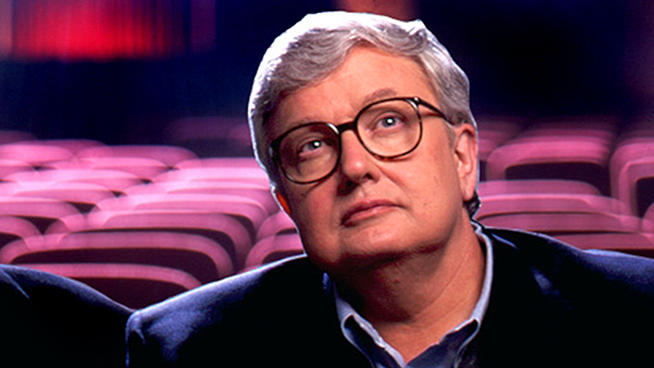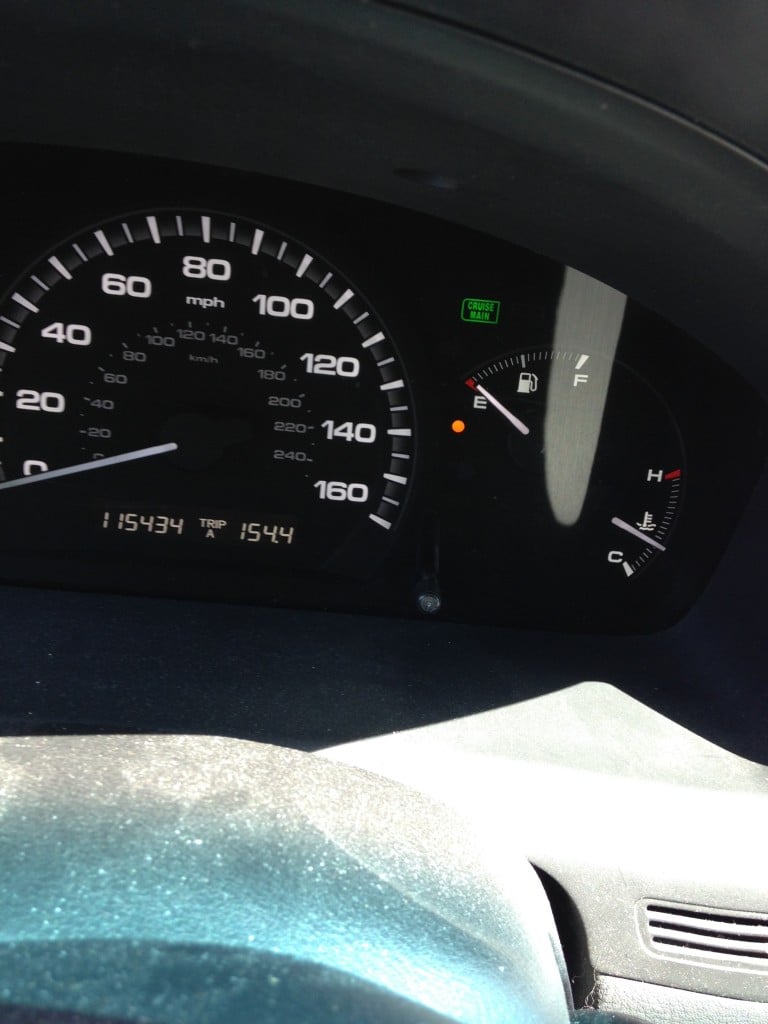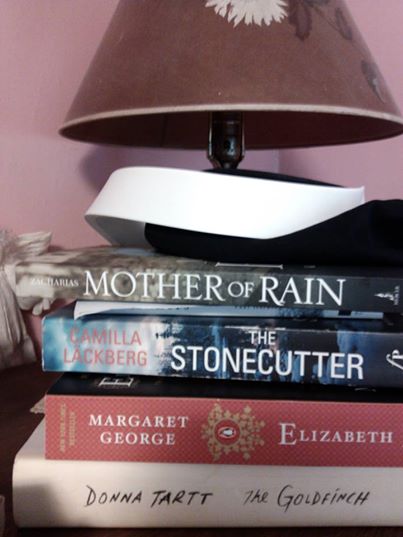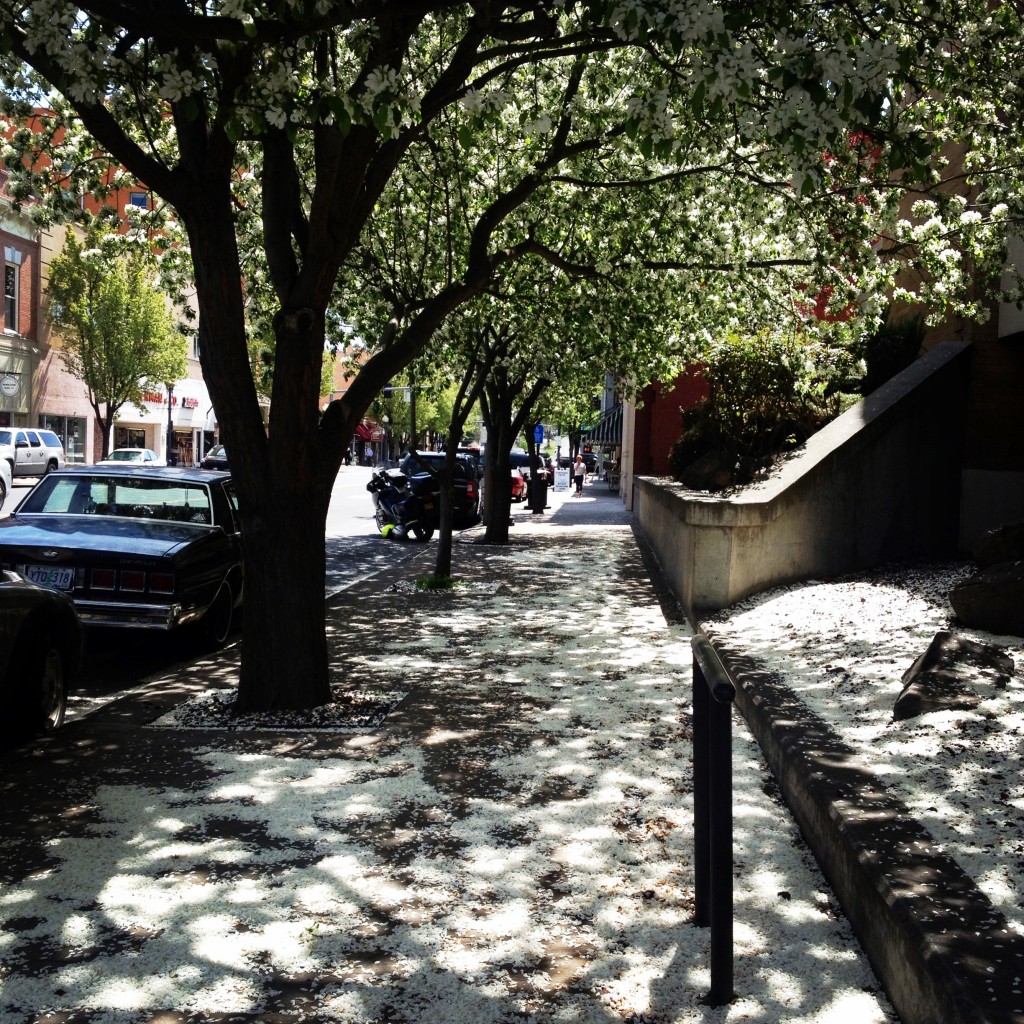Before his passing Roger Ebert wrote a lovely goodbye essay, I do not fear death, that ran at SALON. Here’s a glimpse of what he said:
I have no desire to live forever. The concept frightens me. I am 69, have had cancer, will die sooner than most of those reading this. That is in the nature of things. In my plans for life after death, I say, again with Whitman:
I bequeath myself to the dirt to grow from the grass I love,
If you want me again look for me under your boot-soles.
And with Will, the brother in Saul Bellow’s “Herzog,” I say, “Look for me in the weather reports.”
Raised as a Roman Catholic, I internalized the social values of that faith and still hold most of them, even though its theology no longer persuades me. I have no quarrel with what anyone else subscribes to; everyone deals with these things in his own way, and I have no truths to impart. All I require of a religion is that it be tolerant of those who do not agree with it. I know a priest whose eyes twinkle when he says, “You go about God’s work in your way, and I’ll go about it in His.”
What I expect to happen is that my body will fail, my mind will cease to function and that will be that. My genes will not live on, because I have had no children. I am comforted by Richard Dawkins’ theory of memes. Those are mental units: thoughts, ideas, gestures, notions, songs, beliefs, rhymes, ideals, teachings, sayings, phrases, clichés that move from mind to mind as genes move from body to body. After a lifetime of writing, teaching, broadcasting and telling too many jokes, I will leave behind more memes than many. They will all also eventually die, but so it goes.
O’Rourke’s had a photograph of Brendan Behan on the wall, and under it this quotation, which I memorized:
I respect kindness in human beings first of all, and kindness to animals. I don’t respect the law; I have a total irreverence for anything connected with society except that which makes the roads safer, the beer stronger, the food cheaper and the old men and old women warmer in the winter and happier in the summer.
That does a pretty good job of summing it up. “Kindness” covers all of my political beliefs. No need to spell them out. I believe that if, at the end, according to our abilities, we have done something to make others a little happier, and something to make ourselves a little happier, that is about the best we can do. To make others less happy is a crime. To make ourselves unhappy is where all crime starts. We must try to contribute joy to the world. That is true no matter what our problems, our health, our circumstances. We must try. I didn’t always know this and am happy I lived long enough to find it out.
—
Ebert’s words are beautiful in their simplicity. He is right that our obligation to one another — our thanks for this great gift we call life, if you will — should be a striving to make life better for others.
I believe that a lot of us practice that on a daily basis. We find ways throughout our days to impart kindness to others. Some days we do it better than others, but we really do work at it.
But Ebert went on to say something in his goodbye that makes my soul ache:
Someday I will no longer call out, and there will be no heartbeat. I will be dead. What happens then? From my point of view, nothing. Absolutely nothing.
Over the course of my mother’s long goodbye this past year, we spoke often about this matter of what happens when. Unlike Ebert, Mama did not believe that she would encounter nothing when she died. She knew she would encounter God. What worried her is that she hadn’t done enough kind things for others. She felt bad about the patients who died on her watch. She told me about some of them, how they died without family around because, in some of those cases, family simply couldn’t rally themselves to be present. Mama’s great fear was not in dying — it was in being alone at such a moment. That’s why for six months we took turns sleeping at the foot of her bed. She did not want to be alone.
Mama spent her last days pouring over scriptures, listening to TV evangelists, talking about God and heaven because, let’s face it, when you are going on a trip, it’s good to research your destination ahead of time. What worried Mama wasn’t that she would lapse into the black arms of an empty abyss but that when she fell into the arms of God, he would be disappointed in her.
Brother John, Sister Tater and I spoke to Mama a lot about God’s grace and how it covered her. Mama believed in that, she did. But forgiving herself was something that I’m not sure my mother ever managed to do.
It is a very sad thing to come to the end of one’s life with regrets. Mama had her share of them. I am sure I will too. But it seems to me to be an even greater grief to come to the end of one’s life and admit, as Ebert does, that the whole of our life, every effort we ever made to be creative and good and kind, comes down to a death that erases all that effort because after life there is nothing at all.
No Creator God to greet us.
No Creator God to say, Welcome Home, soldier.
No Creator God to say, Well done my good and faithful servant.
No Creator God to say, I saw your many kindnesses.
No Creator God to say, I am so proud to call you daughter. Or son.
Nothing at all.
Only the darkest of silence.












